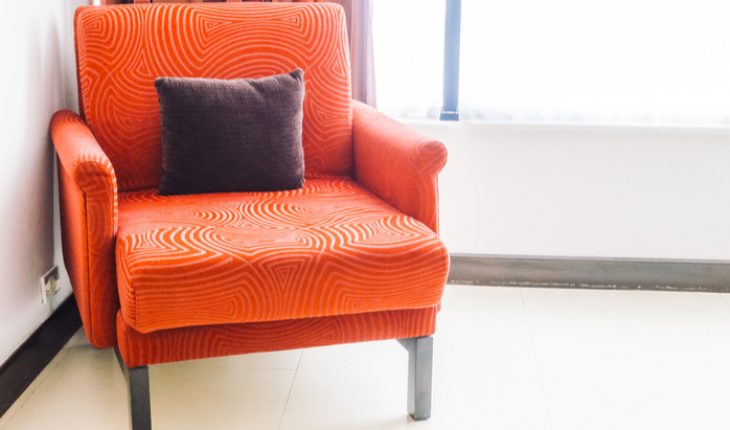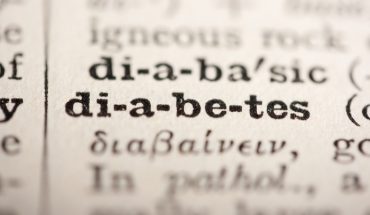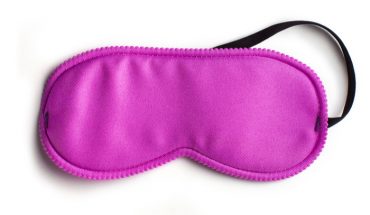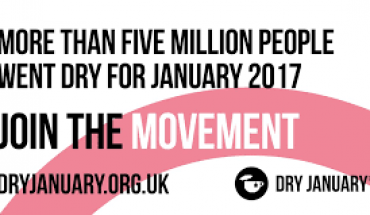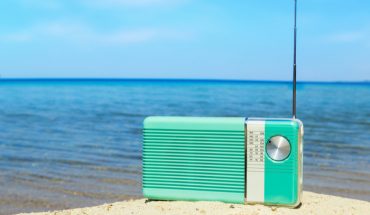Getting up after a fall is a skill which can mean an elderly person gets help faster and minimises complications such as pressure sores and hypothermia.
More than 500,000 people aged over 65 years of age attend accident and emergency departments every year as the result of accidents at home – the majority of these being falls.
More than 500,000 people aged over 65 years of age attend accident and emergency departments every year as the result of accidents at home – the majority of these being falls.
More than 3,500 people in England and Wales die every year following a fall and nearly a third of a million people need hospital treatment. Many older people who suffer from falls never fully recover from either the physical or psychological impact of their injuries. Sadly, falls are the most common cause of injury related deaths in people over the age of 75.
Although the fall itself often doesn’t cause a serious injury; if the casualty is unable to get up following their fall, they are more likely to suffer hypothermia and pressure sores, so it is important elderly people know to deal with a fall if they have one.
Getting up after a fall:
- Lie still for a couple of minutes and check you really are not hurt work systematically up your body to check for pain or bleeding when moving your limbs.
- If you feel able to get yourself up, do this slowly. Roll onto your hands and knees and look for a stable piece of furniture, such as a chair or bed. Find something soft to kneel on to protect your knees.
- Hold on to the furniture with both hands and use the furniture to assist you in getting up. Take time to rest and contact someone to tell them what has happened.
- Get up very slowly leaning forward onto your knees, with the cushioning beneath them and holding onto something to help yourself up.
- Take time to recover and phone someone to tell them what happened.
Having a fall could be an indicator of a treatable underlying health problem. It is sensible to make an appointment with the GP for a check-up and possibly ask for a referral to an NHS Falls Clinic where they can further investigate and help instigate measures to prevent further falls. There are specific muscle strengthening exercise classes, physiotherapy and lots of advice and support.
- What is a seizure? - 13th March 2025
- Febrile Convulsions and Seizures in Children - 13th March 2025
- Why women are less likely to receive CPR or survive cardiac arrest - 6th March 2025

